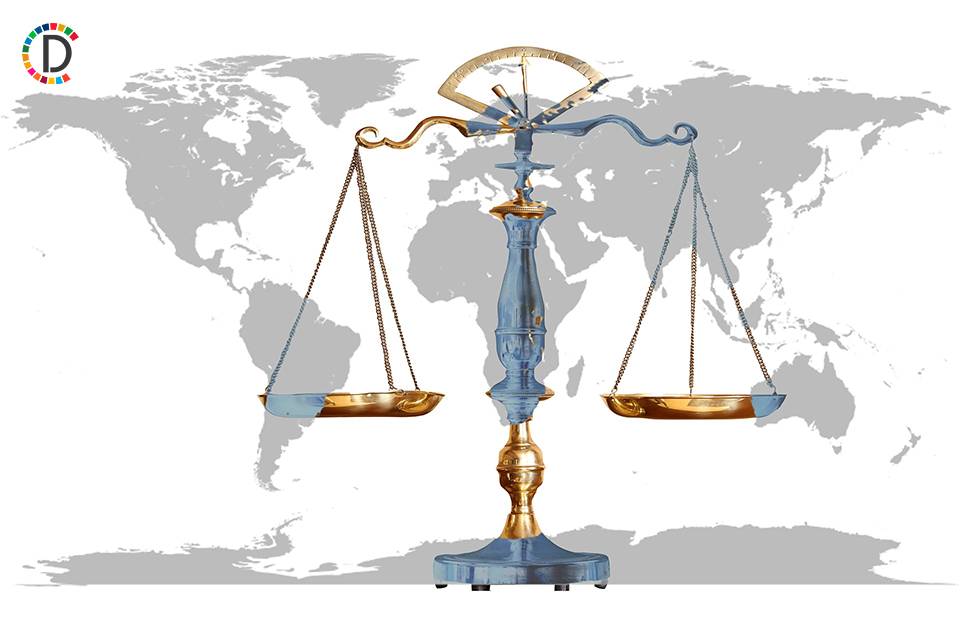Trump's Executive Order Faces Legal Challenge on Birthright Citizenship
President Donald Trump issued an executive order to end birthright citizenship, challenging the 14th Amendment's provisions. The controversial move sparked lawsuits from 18 states and two cities. Birthright citizenship, historically rooted in U.S. law, faces judicial scrutiny as opponents argue its constitutional foundations.

- Country:
- United States
In a bold political move, President Donald Trump signed an executive order aiming to end the longstanding practice of birthright citizenship in the United States. The order challenges the traditional interpretation of the 14th Amendment, which grants citizenship to all individuals born on U.S. soil.
The controversy has ignited a legal battle, with attorneys general from 18 states and two cities filing lawsuits to block the order, citing it as unconstitutional. Prominent figures argue that the president lacks the authority to alter constitutional rights unilaterally.
The legal and historical implications of Trump's directive are profound, as birthright citizenship has been a critical aspect of U.S. immigration policy since it was ratified following the Civil War. The outcome of this conflict could reshape the landscape of American citizenship laws.
(With inputs from agencies.)
ALSO READ
Global Pressure on Israel: Legal Challenges Over Alleged War Crimes
Bushra Bibi Secures Interim Bail Amidst Legal Challenges
Trump's Immigration Crackdown Sparks Legal Challenge
TikTok's Tumultuous Journey: Navigating Legal Challenges in the U.S.
Trump Defends Immigration Policy and Predicts Saudi-Israel Normalization










